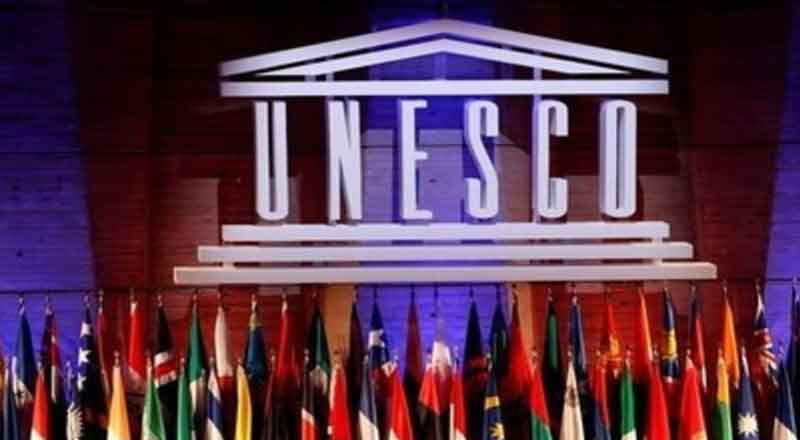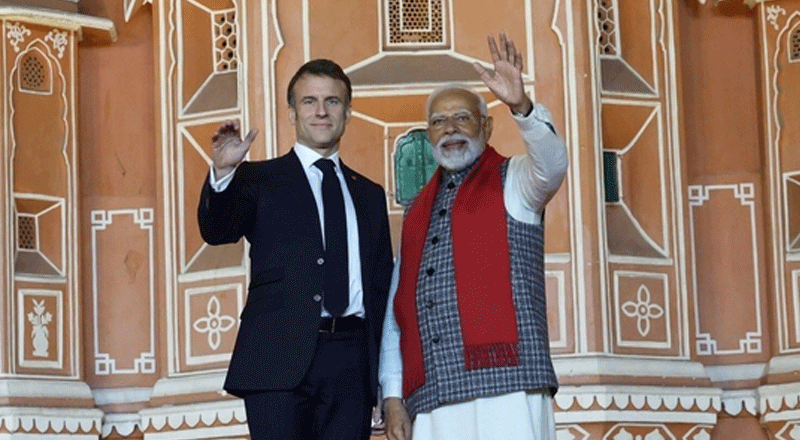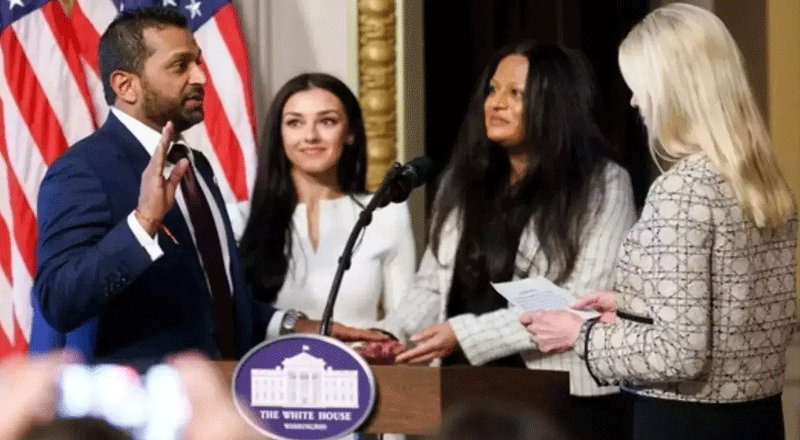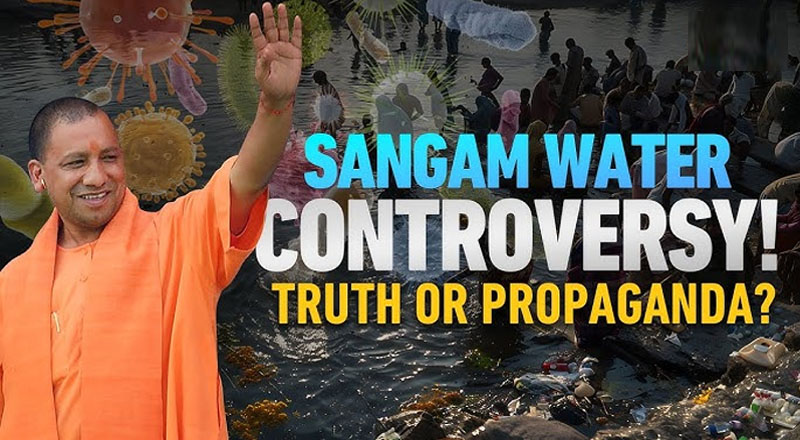The 2024 edition of the Chief Science Advisers’ Roundtable (CSAR) is set to take place at UNESCO’s headquarters in Paris, France, on Friday, September 6, 2024. This significant event is co-organized by the Office of the Principal Scientific Adviser to the Government of India and UNESCO’s Natural Sciences Sector. The CSAR was first conceptualized and launched as a Sherpa-track initiative during India’s G20 Presidency in 2023.
Global Participation and Key Theme
Delegations from 28 countries, led by their Chief Science Advisers (CSA) or equivalent representatives, along with six international organizations, will convene to discuss the theme: “Fostering open science, bridging knowledge asymmetry, and building science advice capacity globally.” The roundtable will be co-chaired by Prof. Ajay Kumar Sood, the Principal Scientific Adviser to the Government of India, and Dr. Lidia Brito, UNESCO’s Assistant Director-General for Natural Sciences.
Pre-Roundtable Knowledge Session
The event will begin with a knowledge session focusing on the impact of science advice mechanisms in building trust in science. This session will offer valuable insights into how science advice capacity can be enhanced at national, regional, and international levels. It will also facilitate dialogue between Chief Science Advisers, UNESCO Permanent Delegations from various member countries, and representatives from international scientific and advisory bodies.
A Pioneering Effort with a Global Future
The 2024 CSAR will not only highlight the collaborative efforts between India and UNESCO but will also lay the groundwork for the continuation of this initiative. South Africa is set to take this effort forward, ensuring that the momentum generated by the roundtable continues to foster global cooperation in science and technology.
This roundtable represents a vital step towards enhancing global science advice capacity, promoting open science, and bridging knowledge gaps across the world.





